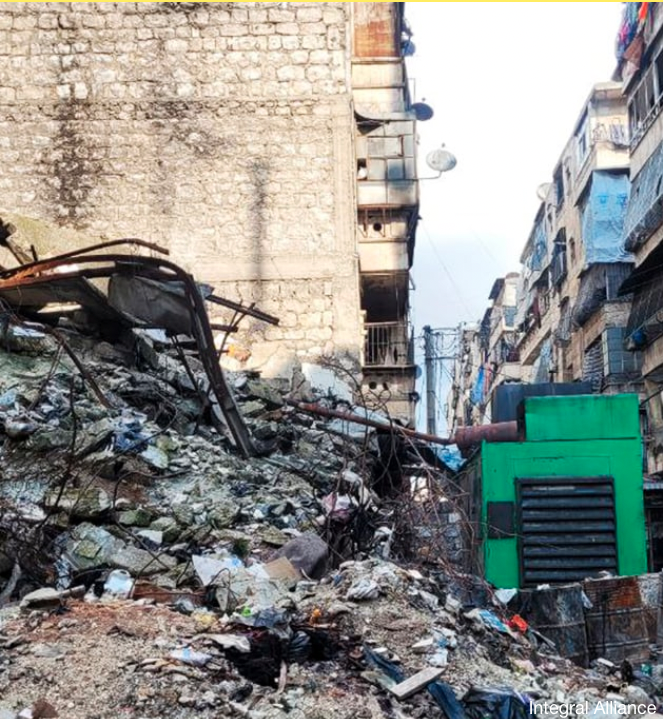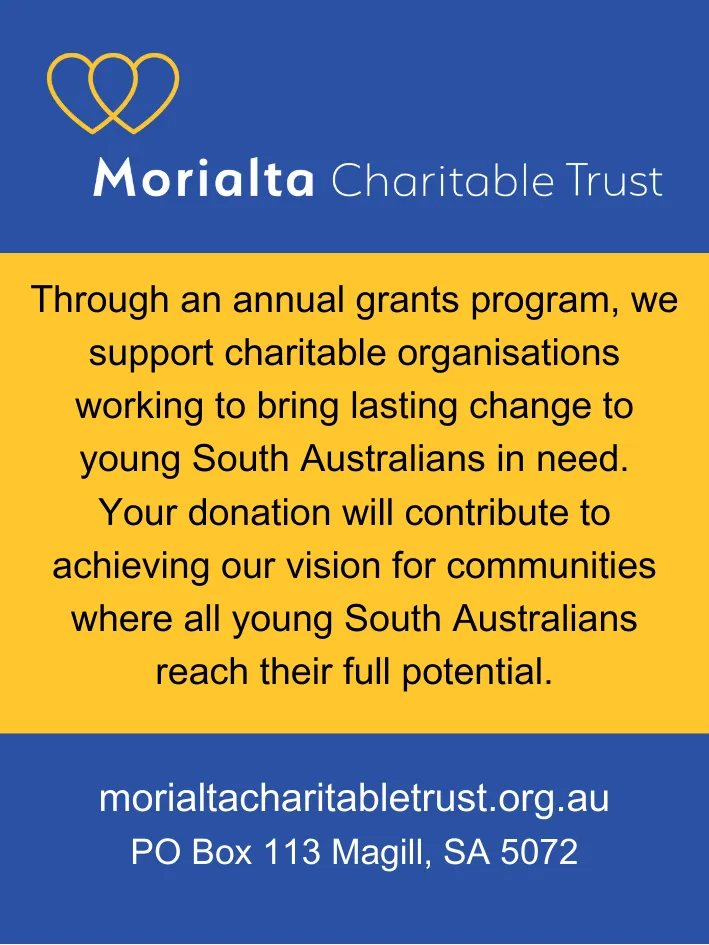Over 7,800 people have died after two 7.8 and 7.5 magnitude earthquakes devastated southern Türkiye and northern Syria in the early hours of Monday morning.
*Last updated: 9 Feb 1:30pm AEDT
The first earthquake struck Gaziantep in Türkiye on February 6 at 4:17am, followed 12 hours later by a second earthquake further north. Both earthquakes created over 100 large aftershocks that collapsed over 5,000 buildings and destroyed entire sections of cities while people slept.
The latest government reports have confirmed that over 12,000 people have died, but with rescue operations still underway, the World Health Organisation warned this number could rise as rescuers continue to sift through the rubble.
Türkiye’s President Tayyip Erdogan said this is the ‘largest disaster’ the region has faced since 1939. ‘We do not know how high the casualty numbers will go,’ Erdogan said.
‘Everyone is putting their heart and soul into efforts, although the winter season, cold weather and the earthquake happening during the night make things more difficult.’
A region already gripped by need
Harsh winter conditions are hampering rescue efforts in Türkiye and Syria, and leaving those whose homes have been destroyed vulnerable to the extreme cold.
Many of those who have been impacted by the earthquakes are also families who fled civil war in Syria. The earthquake devastated parts of southern Türkiye where millions of displaced people live in overcrowded conditions, and north-west Syria, where 4.1 million people are in makeshift camps, most of them women and children who are already dependent on humanitarian assistance.
Due to ongoing conflict in this region, it’s difficult for organisations to access accurate information or provide immediate aid to those who are in need. Medical facilities are overwhelmed, with reports of hospitals forced to triage people according to who will and won’t survive.
Our Partner in the Syrian town of Aleppo surveyed a school where around 60 families had taken shelter in cold classrooms without heating. ‘Multiple families were staying in one classroom. Some people had blankets and mattresses, but others had none,’ our Partner said.
‘People are very afraid—afraid to return to their houses, afraid for more aftershocks, afraid to be in the streets.’
How you can help
Baptist World Aid is working with Christian Partners in Türkiye and Syria, including Baptist organisations, to assist those impacted by the earthquakes.
The full extent of damage is still not known, and our Partners are assessing what people urgently need. By donating today, you can help them provide emergency relief, such as:
- Safe drinking water for people to prevent dehydration
- Items to help people stay warm, such as blankets and clothes
- Emergency shelter items to protect those who have lost their homes
Baptist World Aid is proud to be part of the Emergency Action Alliance, alongside 14 other Australian humanitarian aid organisations. Together, we are maximising our impact, so we can provide funds in the most effective way.





